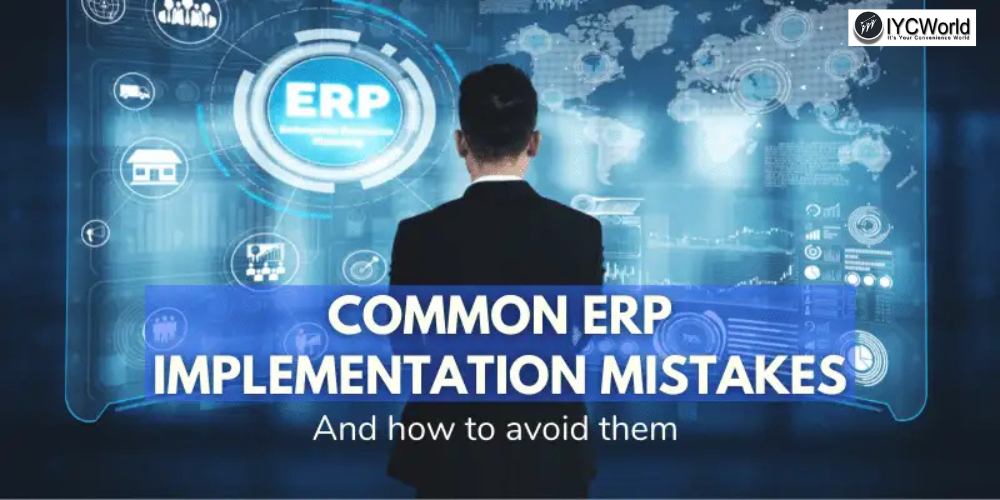Choosing a perfect and the best cloud ERP system in UAE not only streamlines core functions like finance, inventory, HR and sales but also provide real-time insights to drive smarter decision-making. UAE is having unique regulatory landscape, including VAT laws, Arabic language preferences and data residency requirements, therefore organizations must go beyond generic solutions to find an ERP system tailored to the local needs. With many global and local ERP providers in the UAE, a well-informed selection process can help companies to avoid mistakes ans ensure a smooth digital transformation journey.
This blog will share the common mistakes which the companies makes while choosing a cloud ERP system in UAE.
Common Mistakes When Choosing Cloud ERP System
- Overlooking UAE Regulatory Obligations
UAE has implemented several legal mandates in the recent years, including VAT regulations, corporate tax framework, economic substance regulations and ultimate beneficial ownership declarations. Failing to choose a cloud ERP which is fully aligned with these obligations can expose the businesses to different risks as financial penalties, audit failures and even operational disruptions. To overcome this, a best cloud ERP system in UAE must be chosen with built-in support for UAE laws.
- Insufficient Arabic Language and Regional Adaptation
UAE’s diverse workforce includes significant Arabic speaking population and government entities often requires interfaces and documentation in Arabic. Without native Arabic language capabilities, employees may struggle to navigate the system effectively, leading to reduced productivity, higher error rates, and resistance to adoption. The businesses must prioritize ERP solutions with full Arabic interface options, bilingual functionality and support for local business practices and compliance requirements.
- Ignoring Long-Term Business Scalability
Many organizations in the UAE choose ERP solutions based solely on their immediate needs. But as the businesses grow, ERP systems fail to plan for scalability with this growth seamlessly. This scenario leads to multi-location operation and difficulty in handling larger volumes of transactions or users. In such cases, the organizations are forced to invest in third-party add-ons or switches to a new ERP. So, choosing a cloud ERP without considering future business expansion can slow down operations and reduce return on investment.
- Neglecting System Compatibility and Connectivity
When ERP system cannot easily integrate with the tools like CRM platforms and POS system, it may lead to data silos, manual data entry and inefficiencies across departments. In the UAE, many companies operate across multiple channels serving both national and international clients. Here the data flow between platforms is critical for agility and competitiveness. To avoid these issues, the best cloud ERP system in Dubai with strong API capabilities and pre-built connectors for commonly used platforms must be prioritizing.
- Neglecting Local Data Sovereignty
In UAE there are certain laws affecting government entities, financial institutions and healthcare providers that requires a sensitive or a critical business data to be stored within the country. This often tied to concerns about national security, regulatory compliance and the ability to enforce local data protection laws. Businesses fail to evaluate these requirements, choose ERP vendors outside the legal jurisdiction of UAE. This can expose the organization for non-compliance with data protection laws, vulnerability to foreign data access laws and penalties from local authorities.
- Lack of Comprehensive System Training
In UAE often composed of employees from various cultural and technical backgrounds fails to provide comprehensive, multilingual training which can lead to widespread confusion, low adoption rates and operational inefficiencies. Users may revert to old processes and can make frequent errors, undermining the ERP’s intended benefits. Effective user comprehensive training system helps to realize the value of ERP investment by aligning users with organizational goals.
Wrap-up
Choose SchoolOnNet as the best cloud ERP system in UAE that offers a critical decision making which significantly impacts the scalability, efficiency and the compliance of business operations and also ensures long-term success in a competitive and digitally evolving market.






